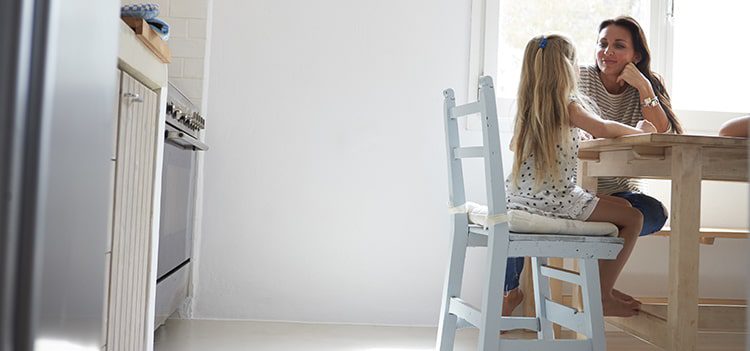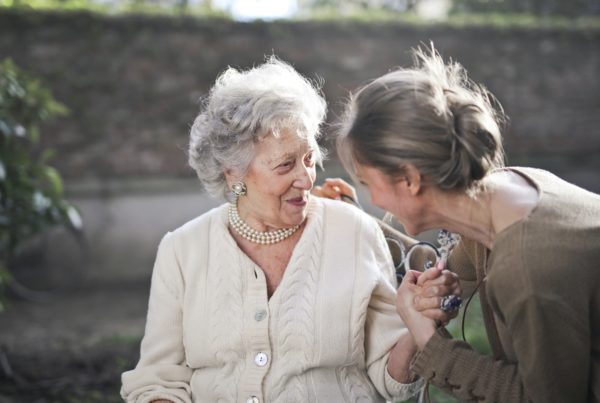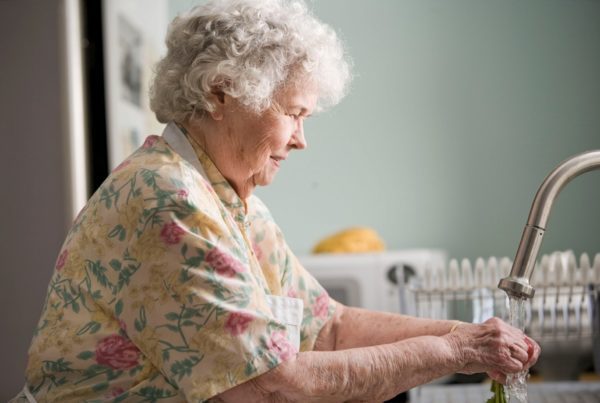Guidance on how to talk to children about dementia
When someone who is close to you is diagnosed with dementia, it’s a distressing time, and a lot to come to terms with. Dementia means that your relative is going to change, and if you have smaller children or young people in your family, it can be a challenge to understand how to talk to children about dementia.
Children are often underestimated in their ability to see that something is going on, or that we are not quite giving them all of the information. It’s always good to be honest with them and explain to them that their relative is not very well. It will reassure them to be informed of the situation.
When you explain the dementia to your child, it may upset them, however children often look to themselves when something is wrong. It will comfort them to know that the person is not behaving this way because of them, but because of the dementia.
Be honest and set aside time to talk
It’s always best to be completely honest with a child or young person. Set aside some quiet time so that you can sit with the child and talk. Explain to them what dementia is. If it helps you, attend a Dementia Friends awareness talk. This can help you to explain it in simple terms to the child, you may wish to take an inclusive approach and take the child along to the talk with you so that you can learn together.
Once you have finished explaining about dementia to the best of your ability, ask the child if they have any questions, and ask them how they feel about what you just said. Give them the space and time to express their feelings about it. This might be something that needs to be revisited as they process the information and later think of questions to ask.
It’s always best to keep communications going with younger people so that they have opportunities to discuss anything on their mind around dementia and how it is affecting your relative.
Children are more resilient than you might think
Children and young people are more resilient than adults often give them credit for, and they may even inspire you with their attitude towards it. It’s always good to share difficulties as a family, this can also help the child prepare for future life.
If your relative who has dementia is in the early stages, they may be completely fine with allowing the child or young person to ask them questions about the condition directly. Check this with your relative first.
Resources offering further help
Alzheimer’s Research UK created a website ‘Dementia Explained‘ that aims to help children and teenagers to understand dementia. Another good resource for you is the Alzheimer’s Association website which has a section containing a series of videos that have been created for children and teenagers, explaining more about Alzheimer’s disease.




